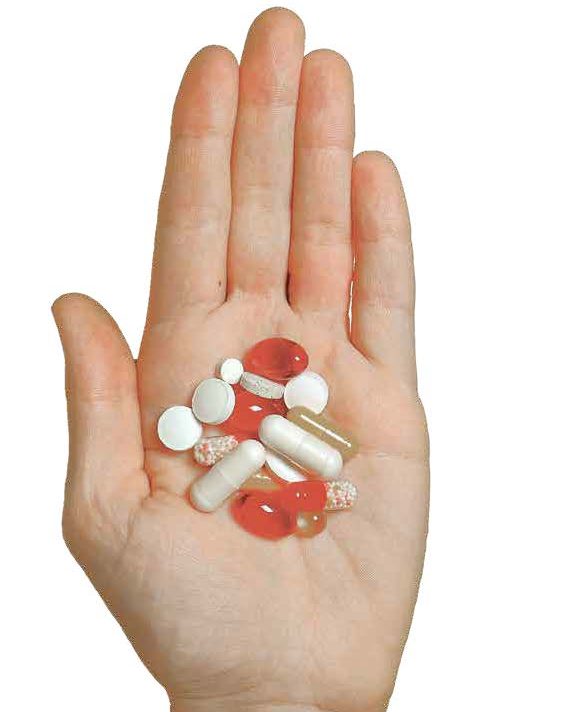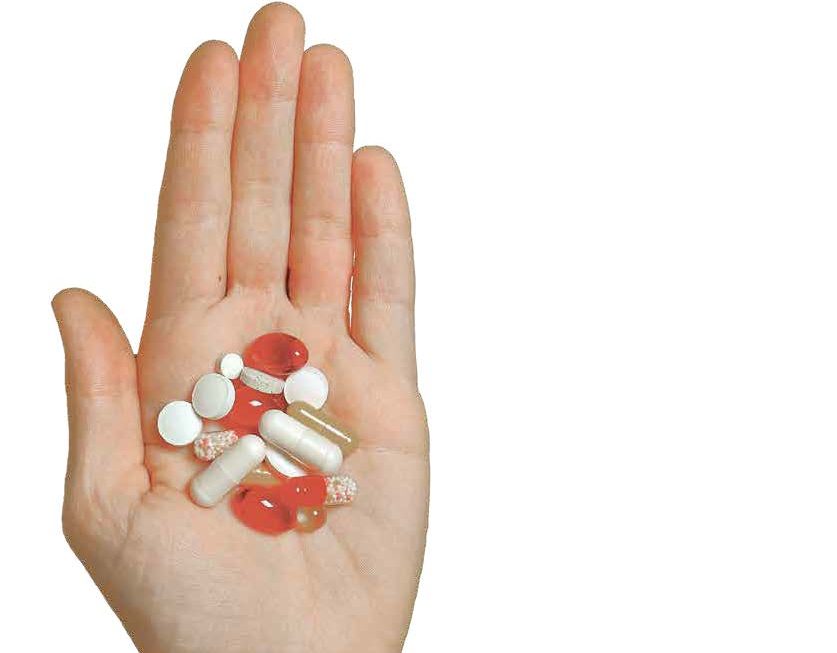
Whether working alone or in synergy, B vitamins help our bodies function better. These busy Bs pack a punch, keeping skin and brains healthy, converting food into energy, and more.
As easy as 1, 2, 3…
Thiamine (B-1)
B-1 keeps the brain and nerves in check, prevents inflammation, encourages the flow of electrolytes, and boosts the immune system under stress.
Riboflavin (B-2)
B-2 breaks down proteins, fats, and carbohydrates to fuel energy and keep tissues healthy. It might even curb cataracts and migraines.
Niacin (B-3)
Keeping hair, skin, and nerves in tip-top shape, niacin converts food to energy. Too much, however, can cause an array of problems, from insulin resistance to gout.
Pantothenic acid (B-5)
B-5 benefits the digestive system as it helps synthesize crucial vitamins, such as coenzyme A and B-12.
Pyridoxine (B-6)
Assisting the central nervous system, B-6 helps generate those feel-good chemical messengers, serotonin and dopamine.
Biotin (B-7)
Biotin helps form certain amino acids and generate glucose for energy. It may also improve hair and nails by increasing the flow of nutrients and oxygen to the scalp and skin.
Folate (B-9)
Especially crucial during pregnancy and other growth periods, folate helps form DNA and RNA and red and white blood cells. It also converts carbs into energy.
Cobalamin (B-12)
The only non-soluble B vitamin, B-12 fosters red blood cell formation. Mostly found in meat, fish, eggs, and seafood, vegetarians and others may want to supplement.
Other than B-12, we don’t store B vitamins in our bodies, so we need to replenish these powerhouses through foods such as chicken, turkey, salmon, yogurt, nuts, and leafy greens or take daily supplements for optimal health.



